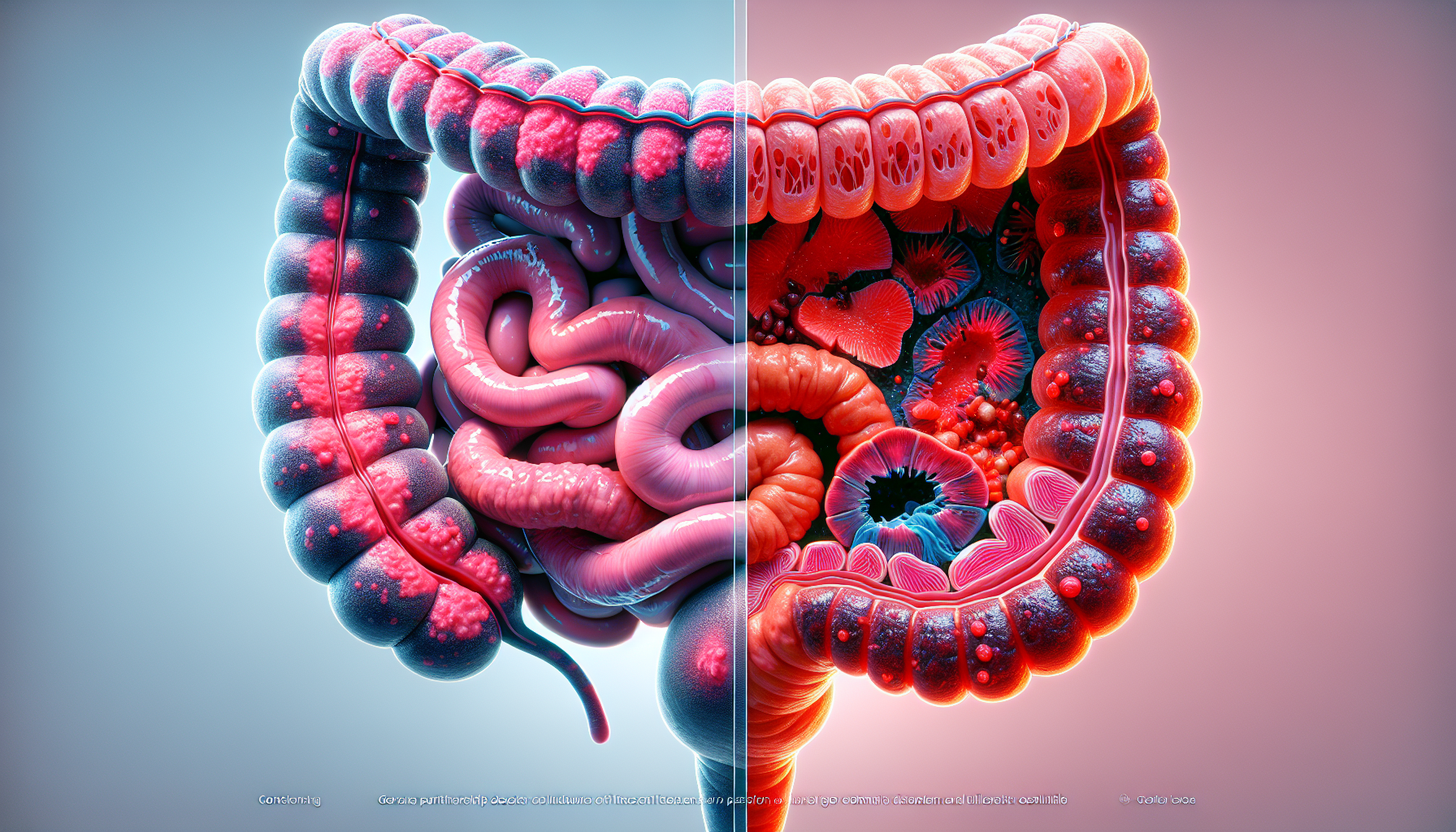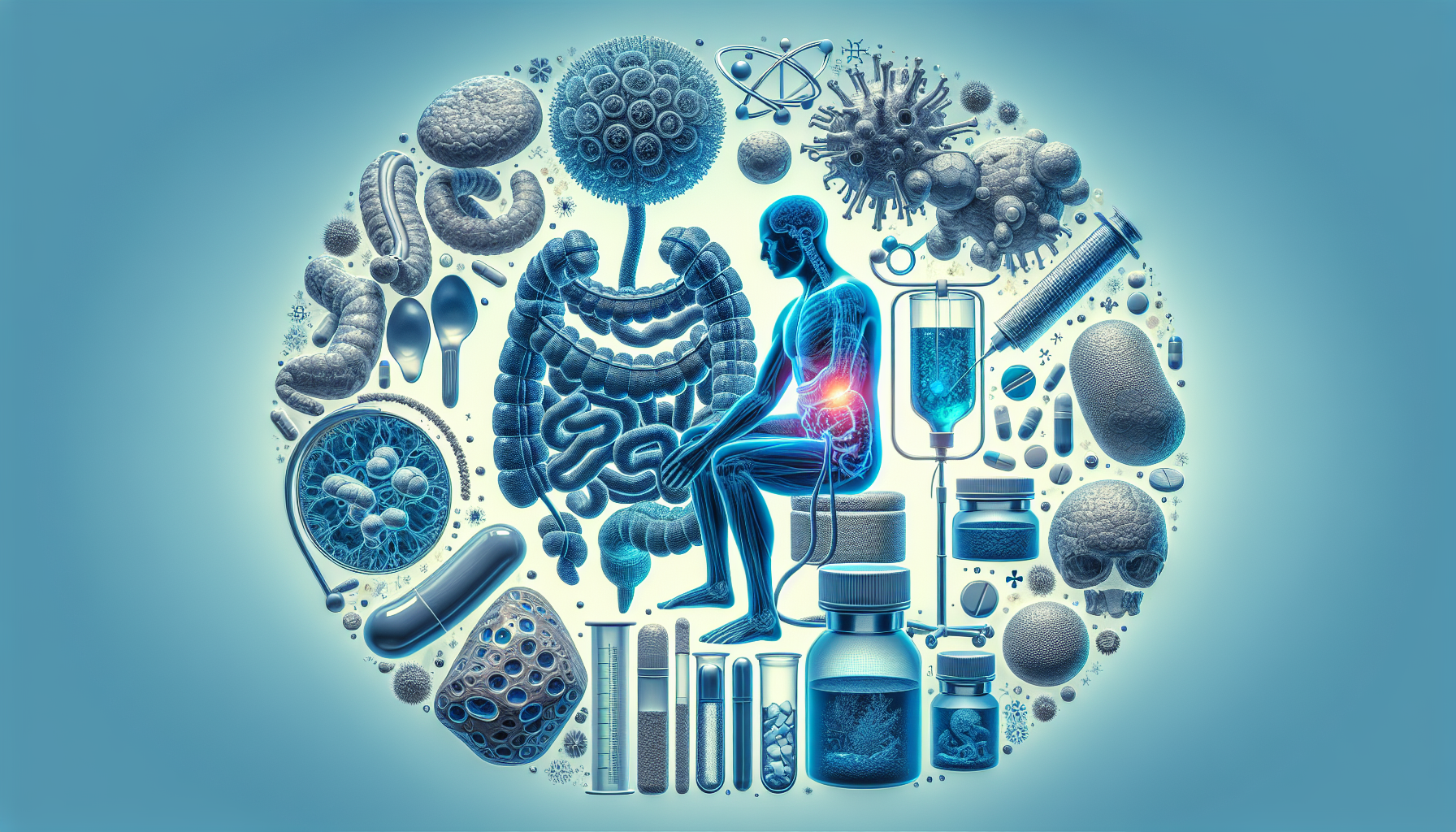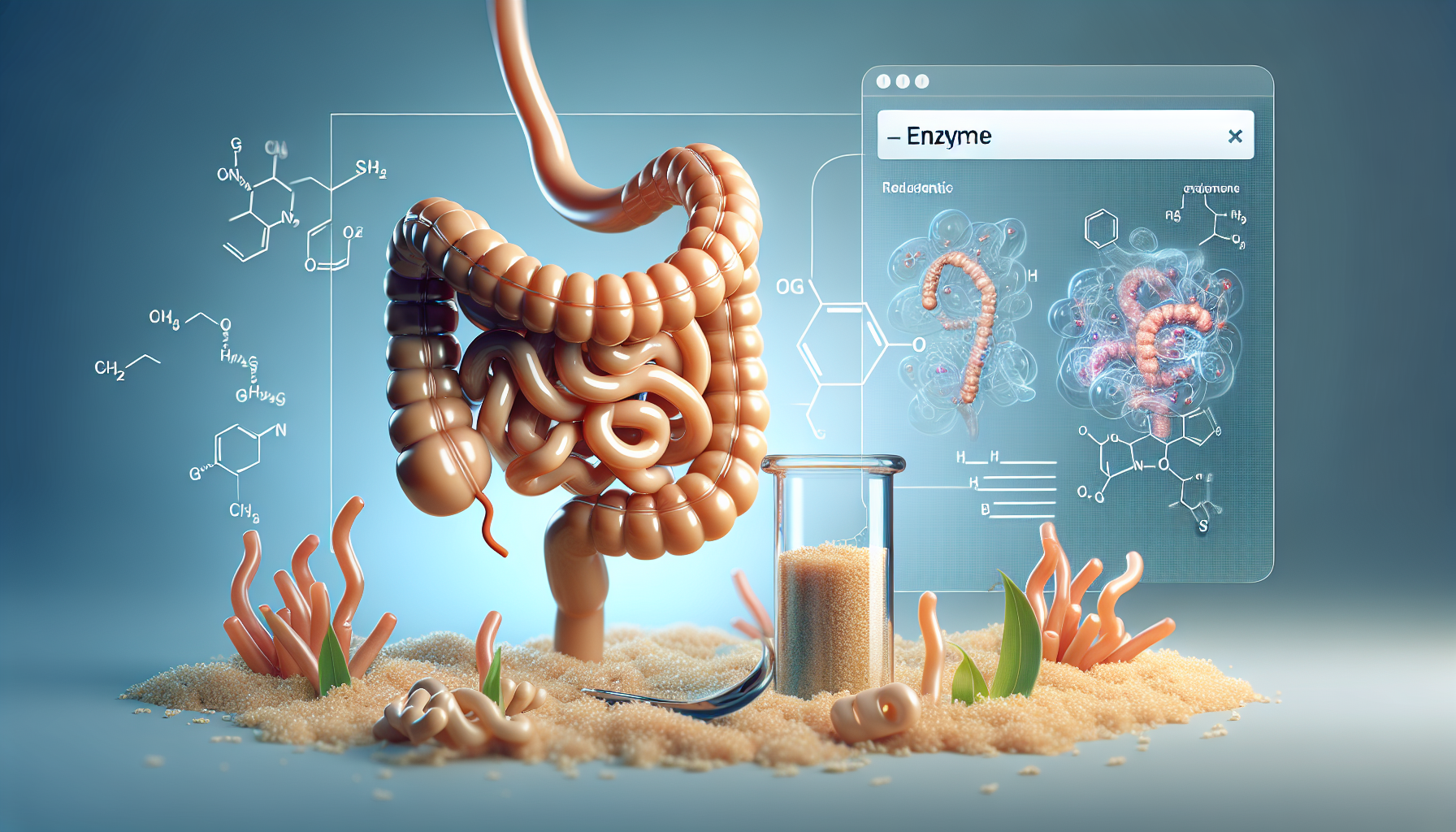Unraveling the Complex Ties Between Fructose and Fructan Malabsorption in IBS Sufferers
Key Takeaways
- The study revealed that 38.2% of IBS sufferers tested positive for fructose malabsorption while 48.9% tested positive for fructan malabsorption, with 22.6% showing malabsorption for both.
- High hydrogen levels in breath tests indicated malabsorption issues, suggesting a possible metabolic or digestive linkage between fructose and fructan absorption mechanisms.
- These findings highlight the need for more tailored dietary recommendations to help alleviate IBS symptoms and emphasize the importance of understanding individual food triggers in managing the condition.
Did You Know?
Introduction to IBS and Carbohydrate Malabsorption
Irritable Bowel Syndrome (IBS) is a common gastrointestinal disorder that affects millions worldwide. It often triggers discomfort and disruption in the life of those affected. One contributing factor to IBS is food sensitivities or intolerances—specifically to certain carbohydrates such as fructose and fructans. These carbohydrates, part of a group called FODMAPs, are prevalent in many modern diets and can cause significant digestive distress in certain individuals.
Recent studies highlight the significant influence of dietary triggers on IBS, noting the importance of detecting and understanding the malabsorption of specific substances like fructose and fructans.
Study Reveals Insight on Fructose and Fructan Malabsorption
In an elaborate study of 186 patients who suffer from IBS, research revealed concerning statistics with regards to fructose and fructan malabsorption. According to the data published in a renowned gastroenterology journal, nearly 38.2% of the participants tested positive for fructose malabsorption while a slightly higher percentage of 48.9% tested positive for fructan malabsorption. Interestingly, 22.6% of these patients showed signs of malabsorption for both carbohydrates.
The study used hydrogen breath testing, a widely accepted method, to measure malabsorption. Patients were tested by administering a solution of fructose or fructan and then analyzing breath hydrogen levels over a few hours. High hydrogen levels indicated a malabsorption issue.
Implications of the Study's Findings
These results are illuminating as they suggest that patients with malabsorption of one type of carbohydrate, like fructose, have nearly double the odds of absorbing another, namely fructans. This highlights a possible metabolic or digestive linkage between the absorption mechanisms of these closely related carbohydrates.
The study not only sheds light on the prevalence of these malabsorptions among IBS sufferers but also underscores the need for more tailored dietary recommendations that could help alleviate symptoms. The findings suggest that identifying individual food triggers and adapting dietary intake accordingly could substantially improve the quality of life for those with IBS.
Concluding Thoughts on IBS and Dietary Management
This research emphasizes the intricate relationship between diet and digestive health, particularly in the context of IBS. For healthcare providers, these insights are crucial in developing more effective treatment strategies that consider both fructose and fructan sensitivities. For patients, understanding these relationships could lead to better self-management of IBS through diet.
As our grasp of IBS expands, so too does the potential for more effective, personalized treatments and dietary guidelines, offering hope for those affected by this challenging syndrome.



